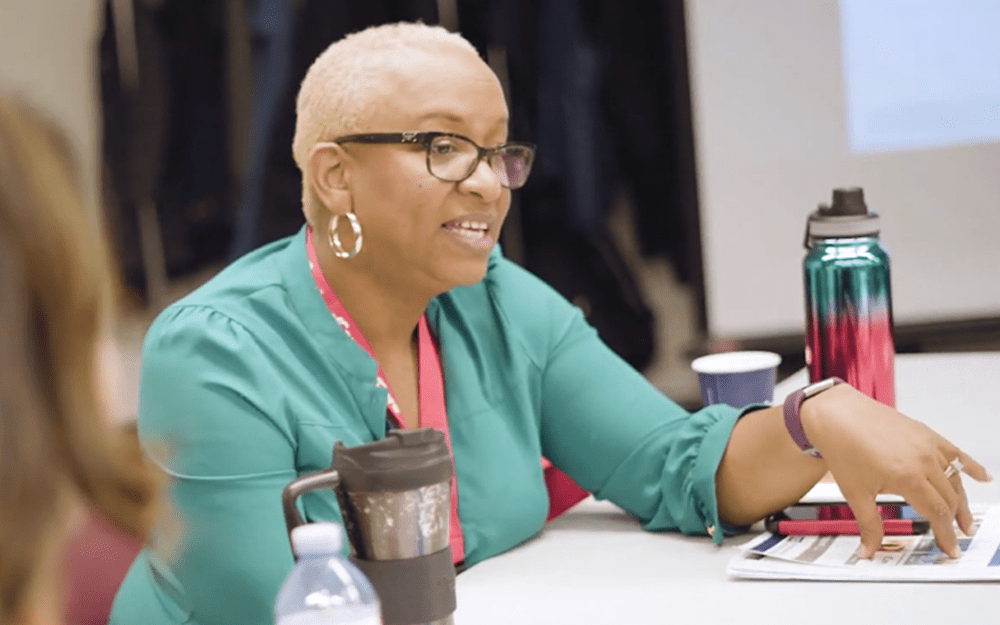Creating the Senior Friendly Seven (SF7)

As our population ages, a “senior friendly” movement has emerged in health care that recognizes the special health circumstances of a growing number of frail seniors. Senior-friendly care facilities were the first to emerge, but since many seniors live and receive their care in the home, providing a coordinated and consistent care response across the health spectrum means extending senior-friendly principles into home care.
In 2016, the Regional Geriatric Program of Toronto (RGP) launched an initiative to equip home health care providers with the skills to recognize and respond appropriately to senior frailty. With a grant from the Retired Teachers of Ontario Foundation, RGP partnered with VHA Home HealthCare and multiple community partners to develop the Senior Friendly Care Framework—a blueprint of guiding principles and defining statements for what senior-friendly care should look like across our health care system in order to achieve the best possible health outcomes for older adults.
Empowering Home Care Workers
To put the framework into action in the home, the RGP engaged personal support workers and their coordinators to co-develop a senior-friendly toolkit for home care workers to use. “The goal was to understand the realities of home care and provide personal support workers with tips, strategies and materials that reflect those realities,” says Dr. Kathryn Nichol, Vice President Quality, Best Practice, Research and Education & Chief Nursing Executive at VHA. “PSWs work with seniors every day and they play an important role in keeping them safe. Each toolkit alerts PSWs to key things they should be aware of and thinking about during their care—in a format that is genuinely helpful to the PSW because PSWs had a hand in creating it.”
A Tool for Every Situation
Stacie-Ann London, a PSW Care Team Supervisor at VHA, has been using the toolkit with her team. “As team leader, my main focus is staff engagement because [my team members] work autonomously,” she says. “I have started using information from the toolkit in my weekly message to them, so on a regular basis they get information about delirium or mobility or pain. I also have a monthly meeting with my team and have started to incorporate the ‘SF7’ at those as well.”
The toolkit has been well received by front-line care providers also. “A lot of times you can miss the little things,” says Nancy, a PSW. “The toolkit talks about things like facial cues, for example, so even though clients may hide some of problems, you know to be looking out for things and can find the underlying reasons and discuss it.”
Kathryn notes that pursuing innovative partnerships like this, which support VHA’s care providers to deliver spectacular care and support client independence, is a hallmark of VHA’s service approach. “VHA has always sought improved ways to support the needs of our clients and their families, and we often look to the wisdom of our teams for ideas. Having the opportunity to co-create evidence-informed, practical tools with our partners has a trickle-down effect. It empowers our staff to be part of Ontario’s health system transformation, enhances the care they provide and leads to better outcomes for our clients.”
To learn more about the Senior Friendly Seven toolkit, please watch the video at: https://youtu.be/_jKNuPzHAEg
You may also like:
